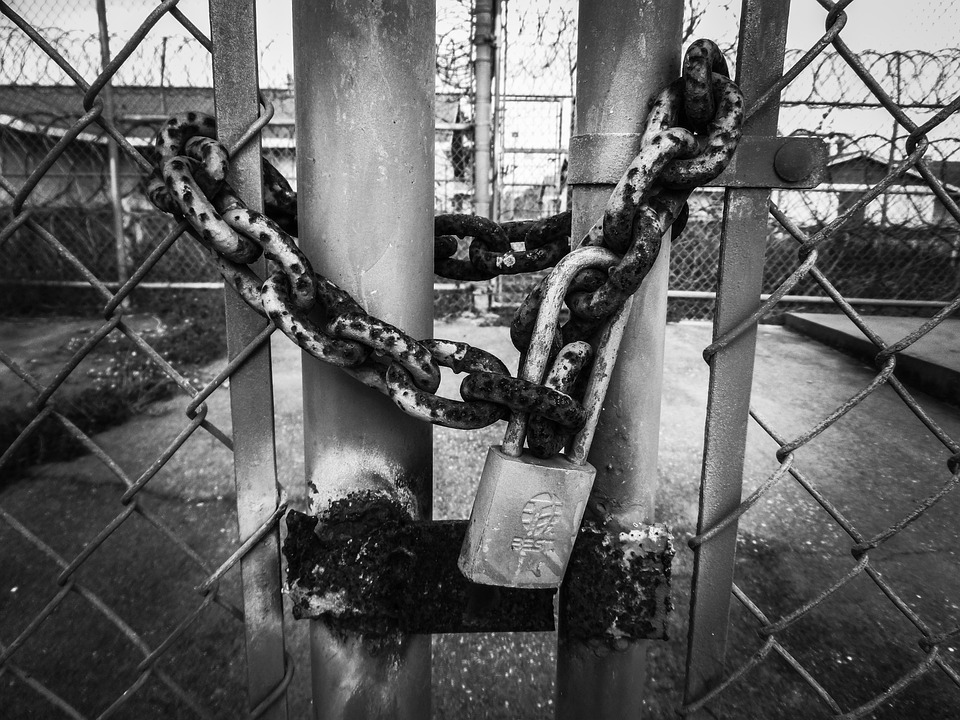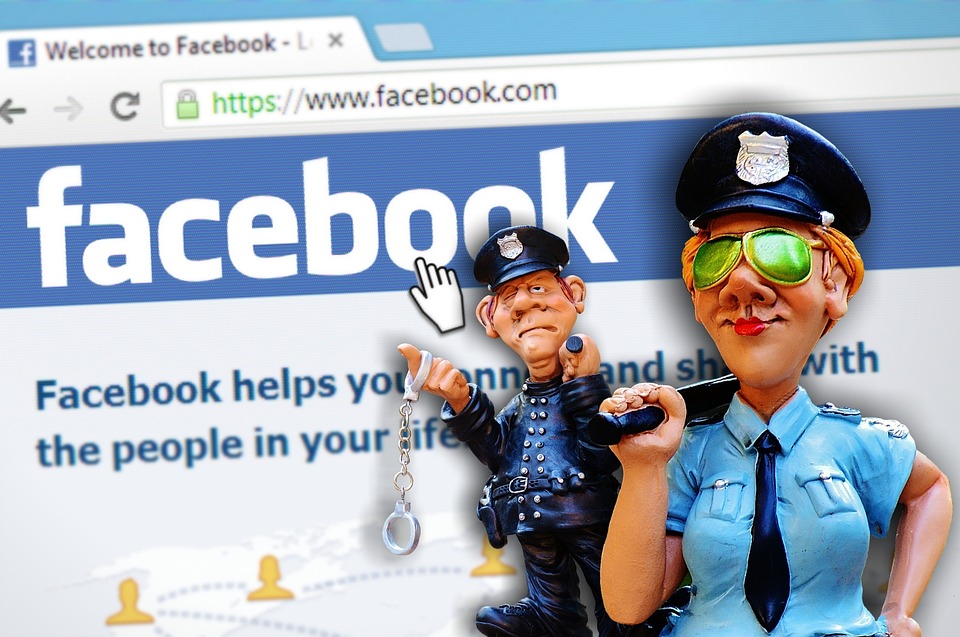In today’s digital age, it’s more important than ever to safeguard your privacy. With the rise of data breaches, identity theft, and other cybercrimes, it’s essential to take steps to protect your personal information. Here are some strategies for personal security that can help you keep your data safe.
1. Use strong passwords. Weak passwords are easy to guess and can leave your accounts vulnerable to attack. Create passwords that are at least eight characters long and include a combination of upper and lowercase letters, numbers, and symbols. Avoid using the same password for multiple accounts and change them regularly.
2. Be aware of phishing scams. Phishing scams are attempts to get you to reveal personal information, such as passwords or credit card numbers, by posing as a legitimate company or organization. Be wary of emails or messages that ask for sensitive information or direct you to a website that looks suspicious.
3. Use two-factor authentication. Two-factor authentication adds an extra layer of security to your accounts by requiring you to enter a code sent to your phone or email address in addition to your password. This makes it much harder for hackers to gain access to your accounts.
4. Be careful what you share online. Social media can be a great way to stay connected with friends and family, but it’s important to be mindful of what you post. Avoid sharing personal information, such as your address or phone number, and be aware of who can see your posts.
5. Use a VPN. A virtual private network (VPN) encrypts your internet traffic, making it much harder for hackers to intercept your data. This is especially important if you’re using public Wi-Fi networks, as they are often unsecured and vulnerable to attack.
By following these strategies, you can help protect your privacy and keep your data safe. Remember to stay vigilant and be aware of the potential risks when using the internet.






















